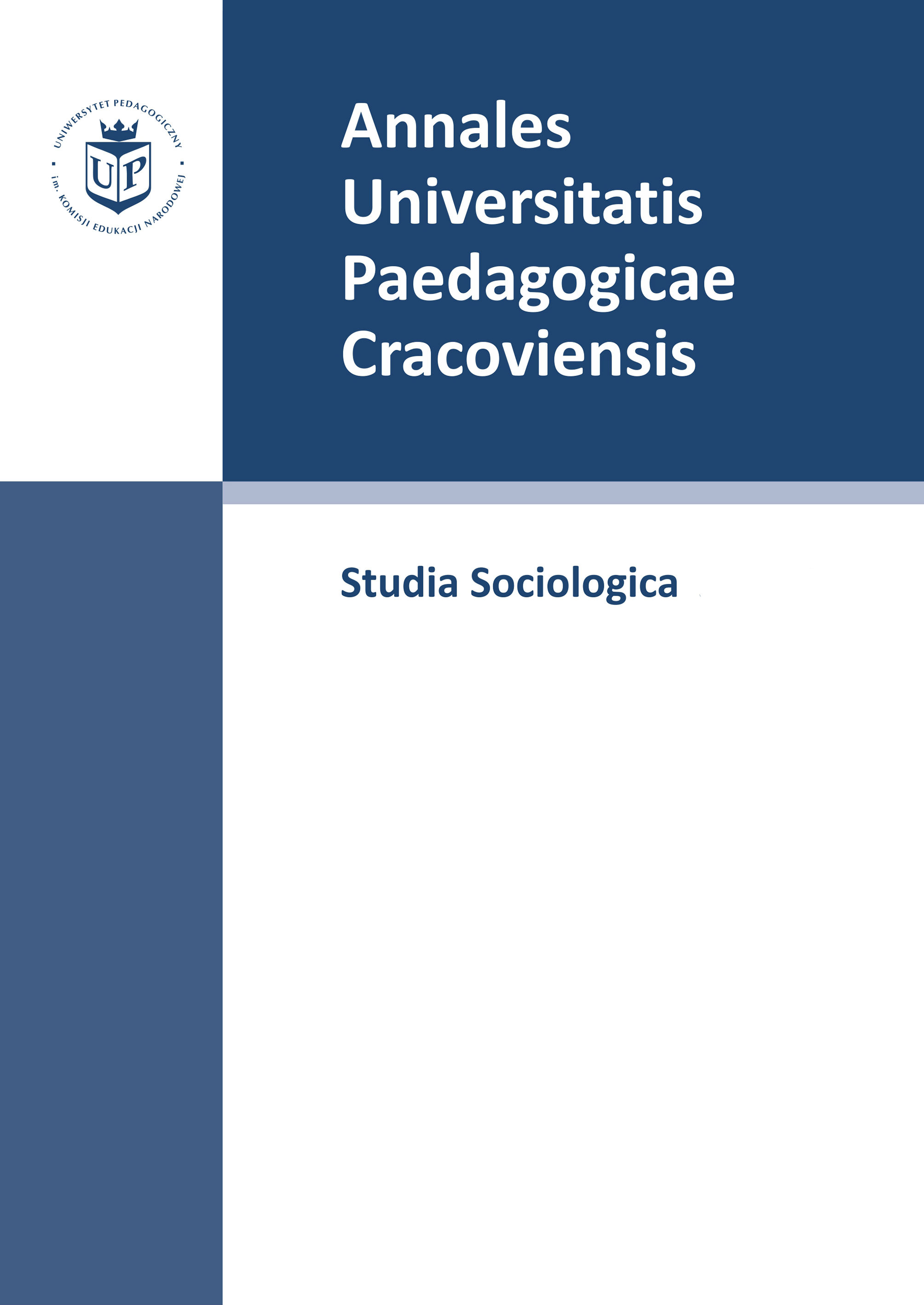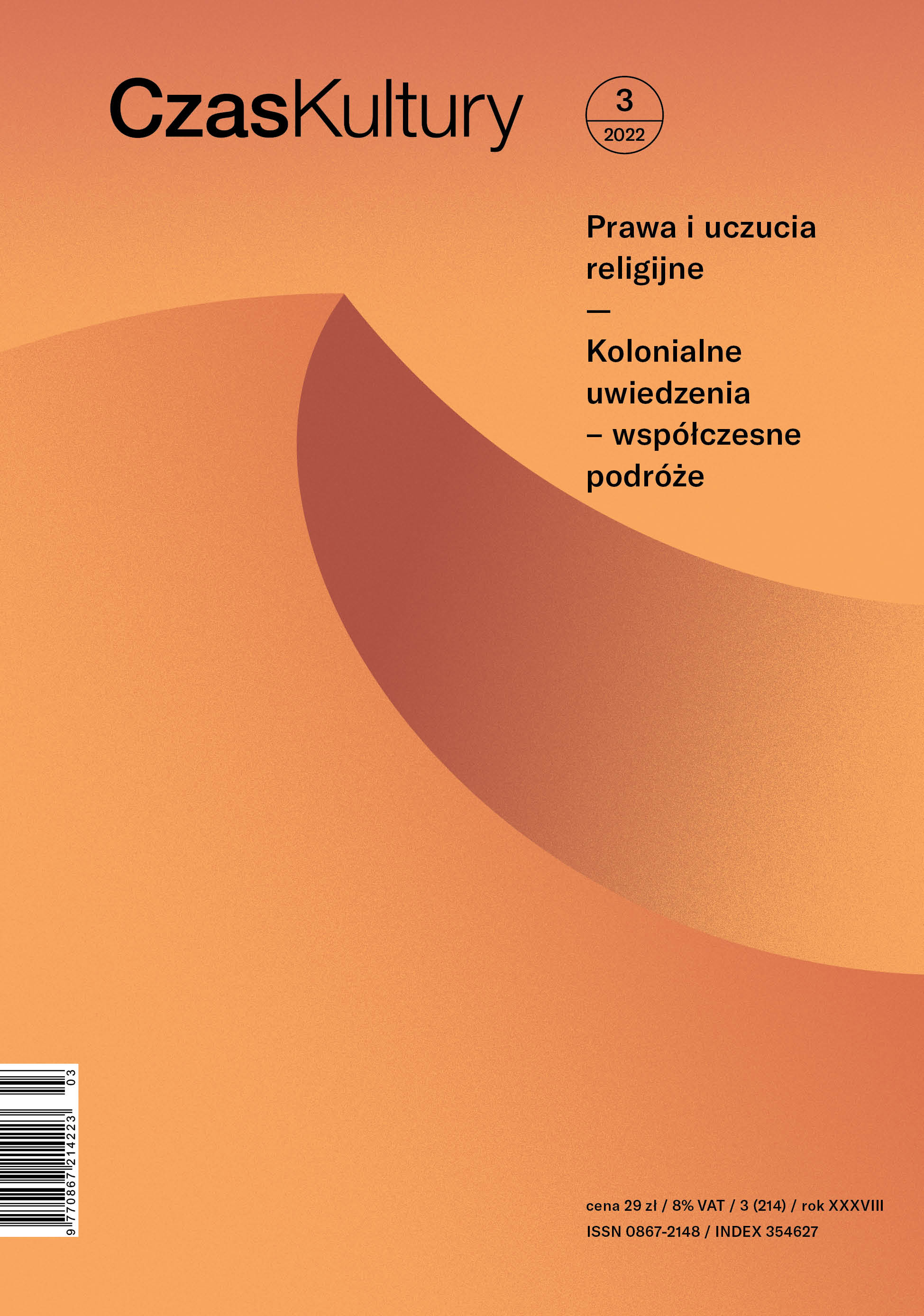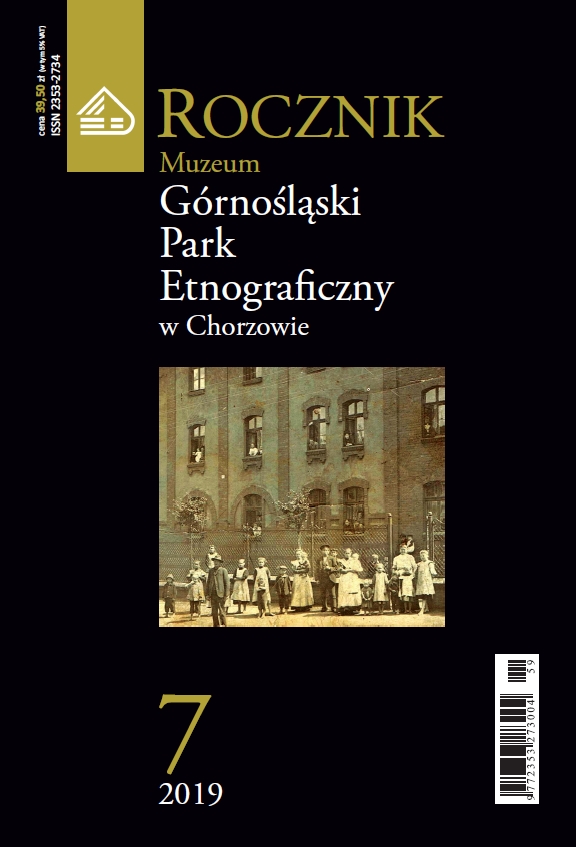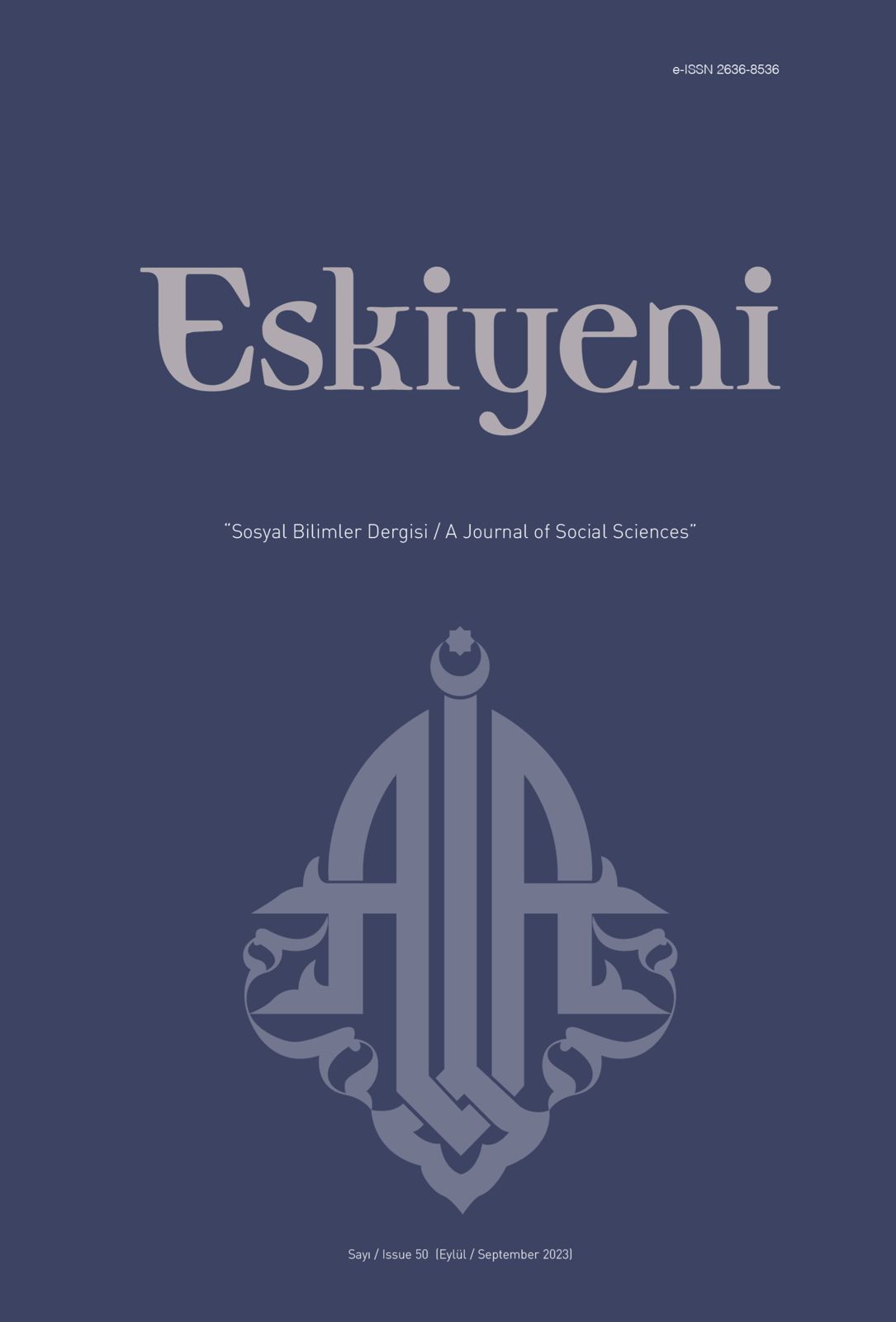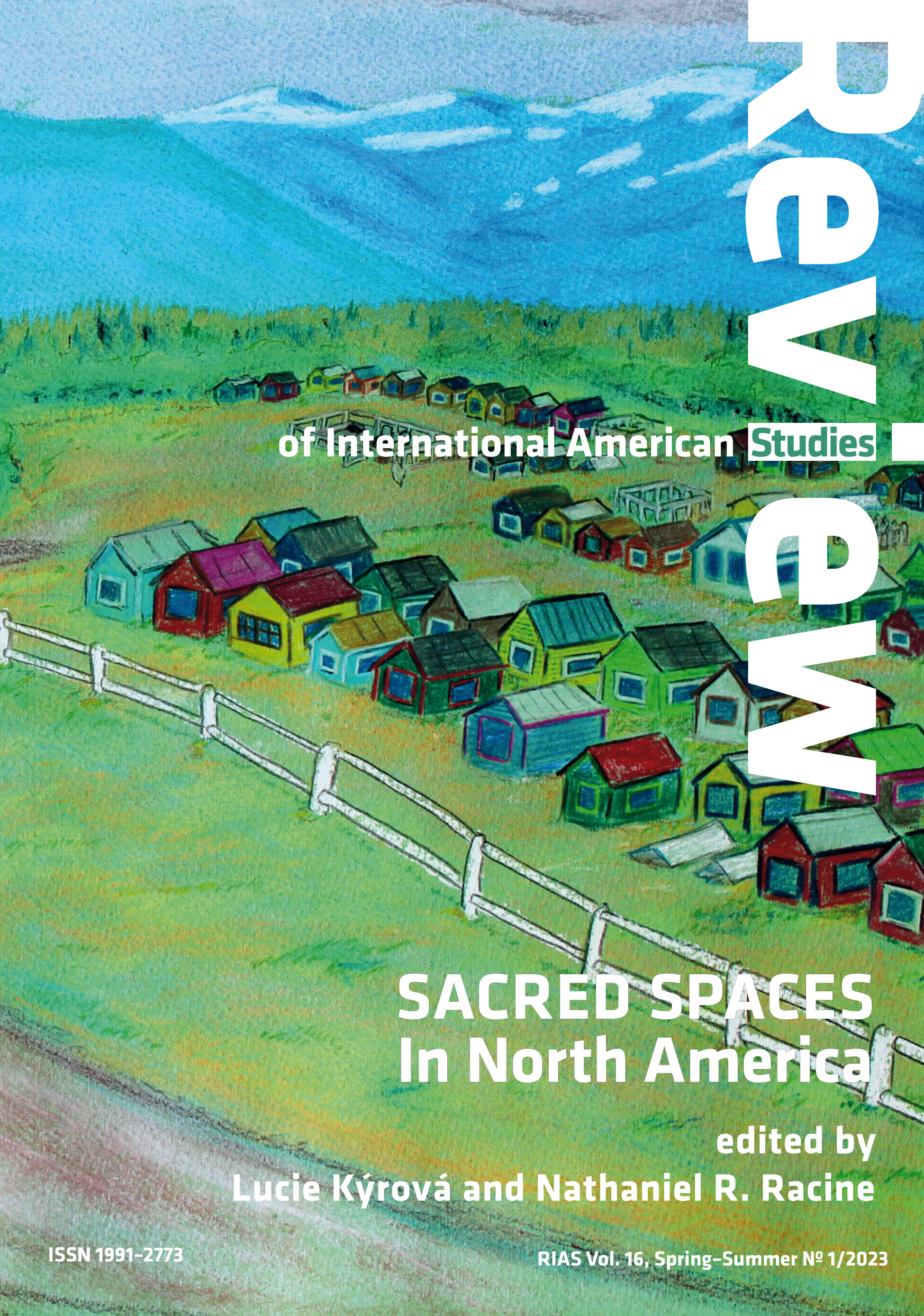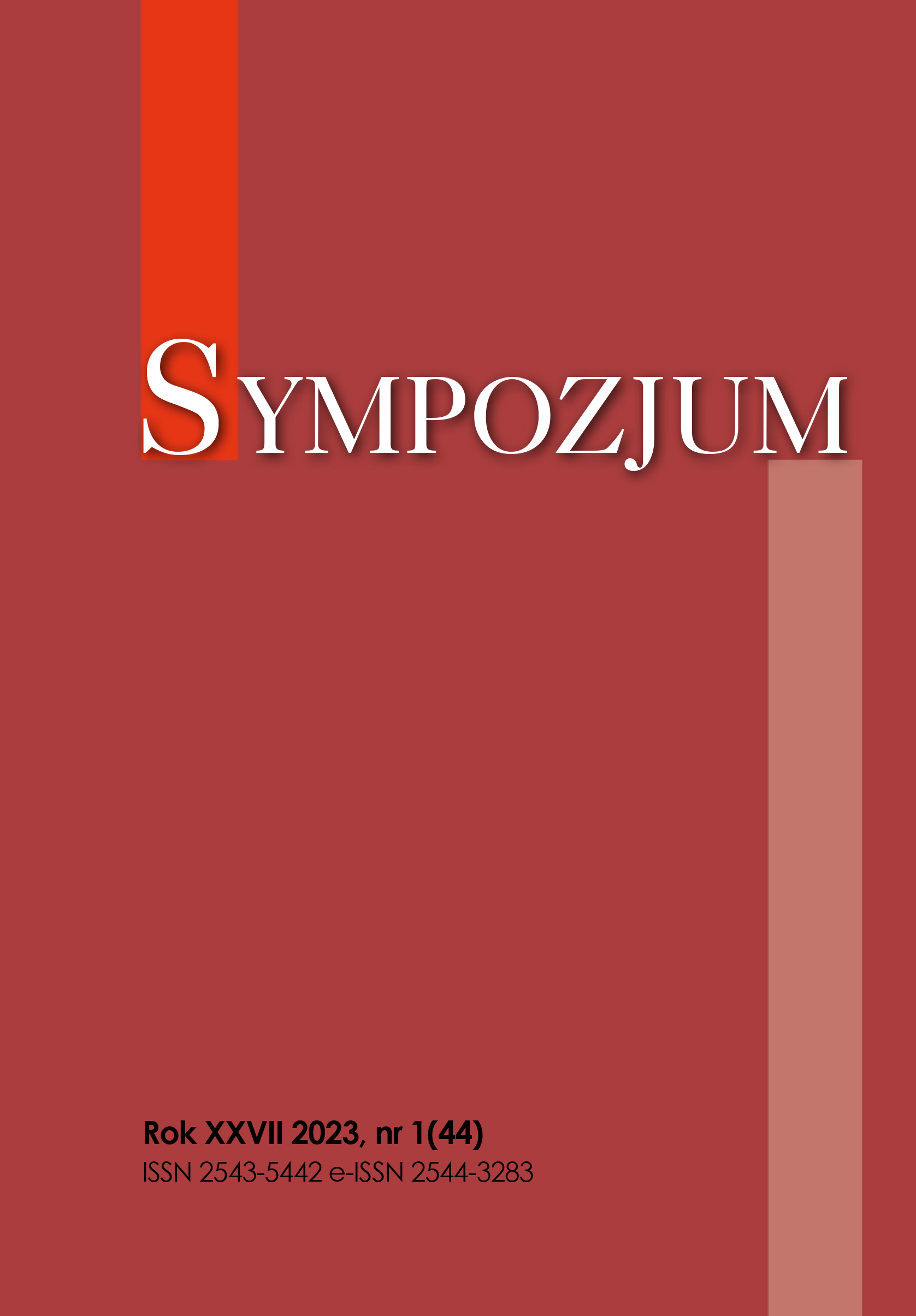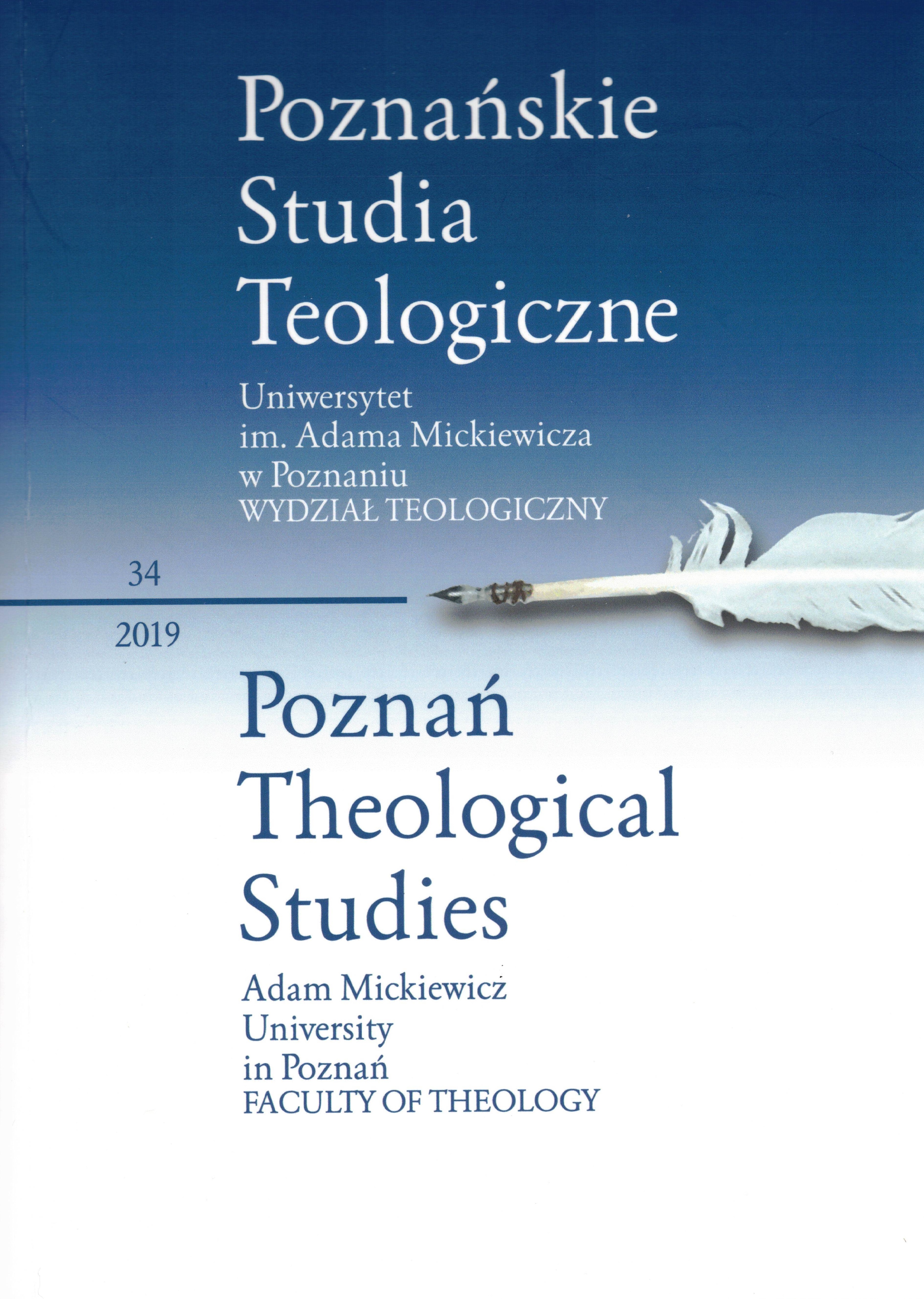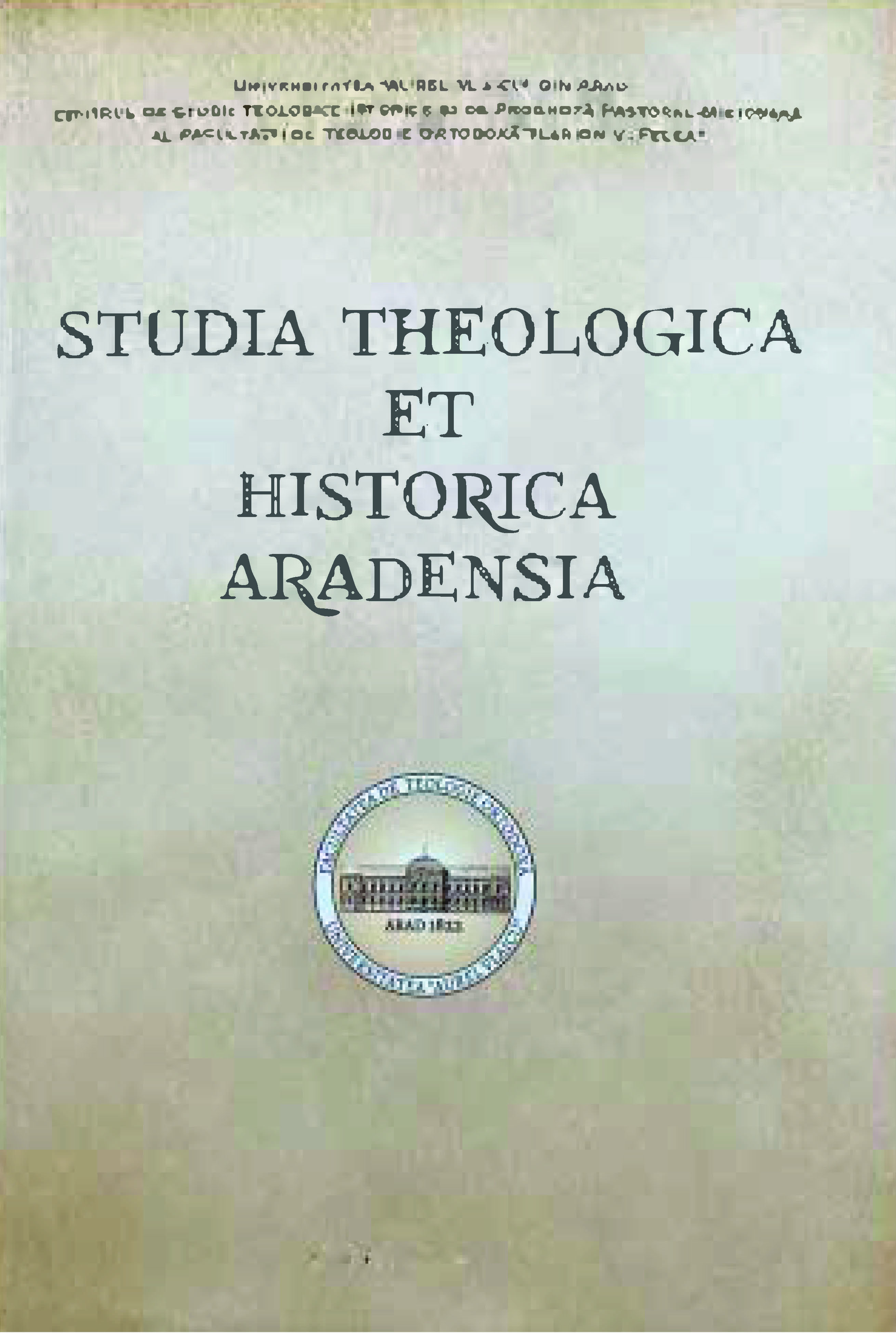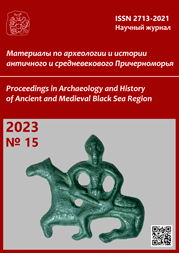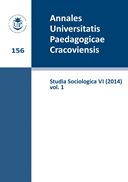
Complexities of the Secular/Islamic Divide and Multiple Secularismsin Turkey: The Anti-Capitalist Muslims in the ‘Gezi Park’ Protests
This article suggests that the Gezi Park protests in general, and particularly the presence there of the Anti-Capitalist Muslims is a valuable example for studying the ambiguity and complexity of the secular/Islamic paradigm in Turkey. Conducting field research on the formation of the Anti-Capitalist Muslim identity, I argue that the secular/Islamic divide is politically produced, and potentially vulnerable to contestations and transformations, for it opens the socio-political landscape to the production of multiple secularisation projects beyond this divide.
More...
